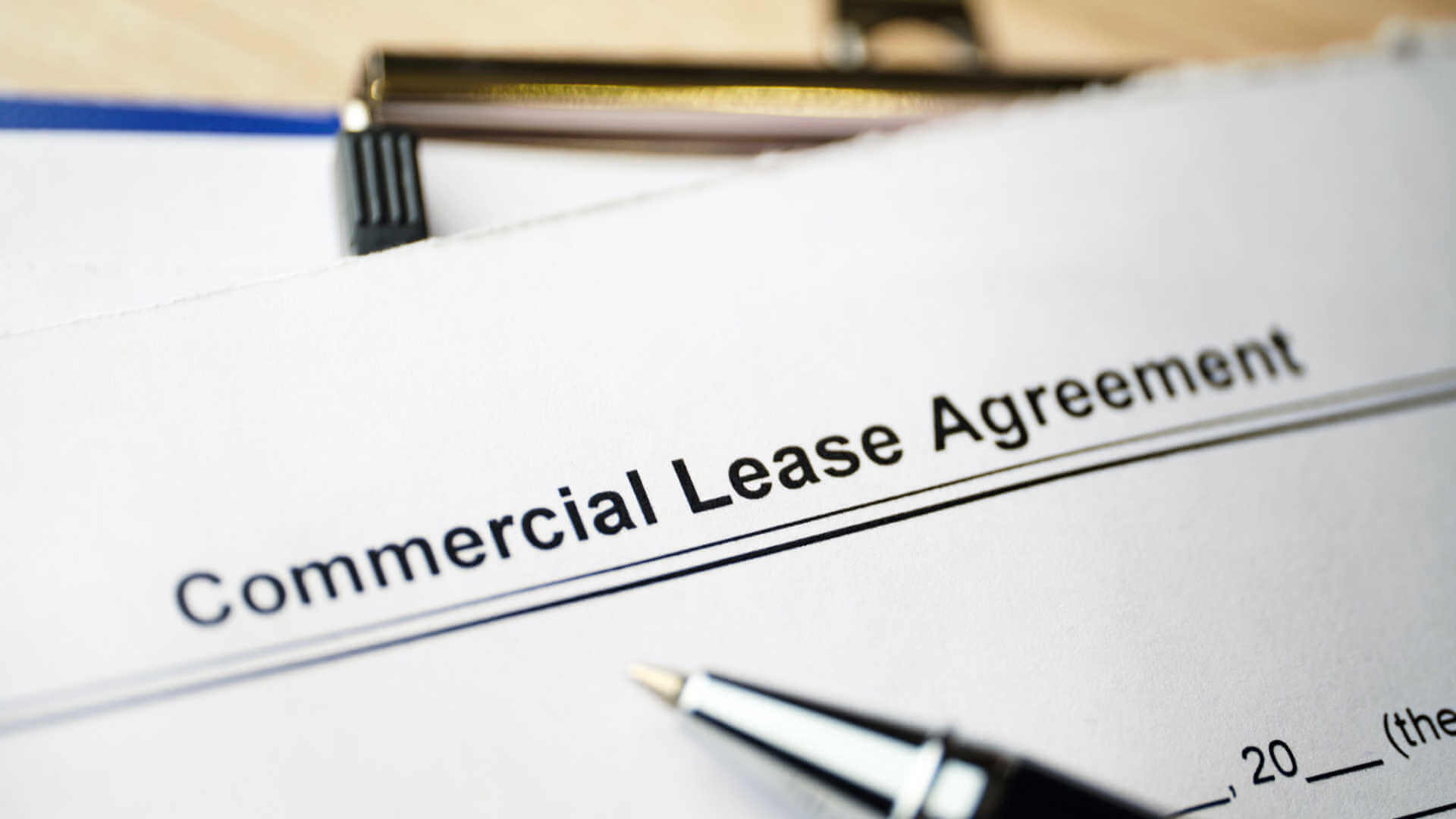
Commercial real estate (CRE) encompasses a diverse range of property types used for business purposes rather than residential living. This includes everything from office buildings and retail spaces to industrial warehouses, hotels, and even parking garages.
Key Types of Commercial Real Estate
- Office Space: This includes everything from high-rise skyscrapers to smaller office buildings and even flex spaces that can accommodate a mix of office and industrial uses.
- Retail Properties: This category includes shopping malls, strip malls, individual retail stores, and restaurants.
- Industrial Properties: This encompasses warehouses, distribution centers, manufacturing facilities, and research and development centers.
- Multi-Family Residential: While primarily residential, multi-family properties like apartment buildings and condominiums are often considered a subsector of commercial real estate due to their investment and management characteristics.
- Hospitality: Hotels, motels, resorts, and other lodging facilities fall under this category.
- Special Purpose Properties: This includes a wide range of properties with unique uses, such as medical offices, schools, places of worship, and government buildings.
Factors Influencing the Commercial Real Estate Market
The commercial real estate market is influenced by a variety of factors, including:
- Economic Conditions: Interest rates, inflation, and economic growth all have a significant impact on the CRE market.
- Demographics: Population growth, migration patterns, and changing demographics can influence demand for different types of commercial properties.
- Technology: Technological advancements, such as e-commerce and remote work, are reshaping the demand for retail and office space.
- Government Regulations: Zoning laws, building codes, and environmental regulations all play a significant role in the development and operation of commercial properties.






